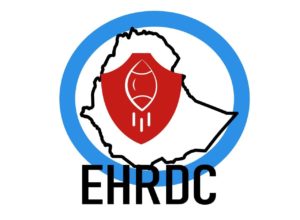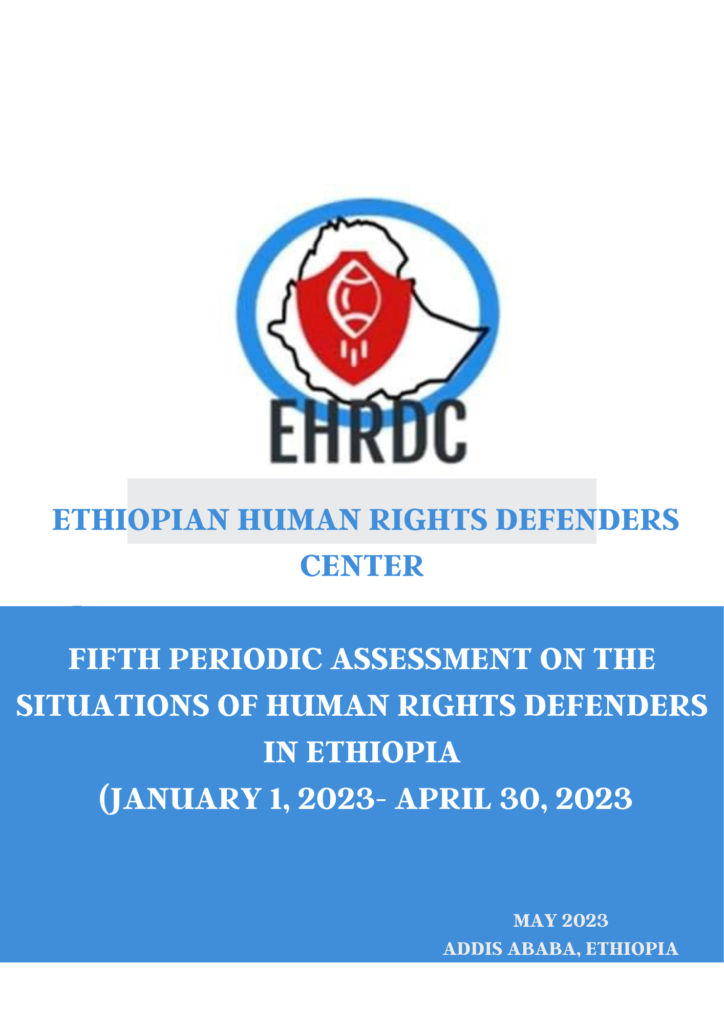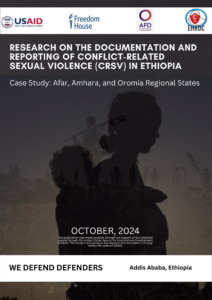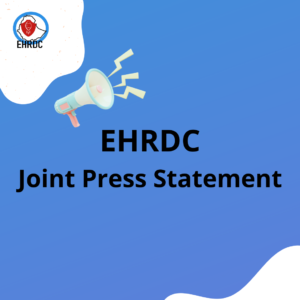Contextual Assessment
On November 2, 2022, the Ethiopian federal government and leaders of the country’s northern Tigray region agreed to end two years of devastating armed conflict. The peace deal, which was brokered by the African Union, was signed in Pretoria, South Africa. A ten-day implementation plan followed in Nairobi, Kenya. This peace agreement marks the end of a two-year-long armed conflict and paves the way for peace and improvement in the human rights situation. In the deal, the Tigray People Liberation Front (TPLF) committed to laying down arms within 30 days, allowing the federal government to regain control of the Tigray region.
On March 17, 2023, the Tigray Regional State, led by the TPLF, established an Interim Regional Administration as per Article 10 of the Pretoria Cessation of Hostilities agreement. This agreement provides for the establishment of an inclusive Interim Regional Administration. Furthermore, the deal ensures unfettered humanitarian access to the region and the restoration of services. On March 22, 2023, the federal parliament removed the TPLF from the list of terrorist groups. The group had been designated as a terrorist organization in May 2021 by the same parliament.
However, there have been ongoing concerns about human rights violations since January 2023. These issues include the arrest of human rights experts and journalists, evictions, extra-judicial killings, and restrictions on the internet, social media, and the right to demonstrate. In addition to this, human rights organizations and critical independent media houses have had their equipment confiscated by government securities during their arrest.[pdf-embedder url=”https://ethdefenders.org/wp-content/uploads/2023/05/1.-Final-Asssessment-2023-final.pdf” title=”FIRST PERIODIC REPORT ON THE SITUATION OF HUMAN RIGHTS DEFENDERS IN ETHIOPIA, 2023″]
Furthermore, tensions between the Ethiopian Orthodox Tewahedo Church (EOTC) and the government were high in late January 2023. This was due to disagreements over the breakaway of three archbishops and twenty-six episcopal appointees in the Oromia region, whom the EOTC accused of being involved in “illegal anointing.”[1] The EOTC also accused the government of direct involvement in the crisis. Although the disagreements between the church and the government were resolved, there were serious human rights violations related to the situation.
This assessment aims to address and assess the issues that occurred between January 2023 to March 30, 2023. The assessment employs a qualitative research methodology and assesses the situation using interviews, questionnaires, observations, and open sources of evidence.
Full Assessment [pdf-embedder url=”https://ethdefenders.org/wp-content/uploads/2023/05/5th-Assessment-EHRDC.-edited.pdf” title=”5th Assessment EHRDC. edited”]




